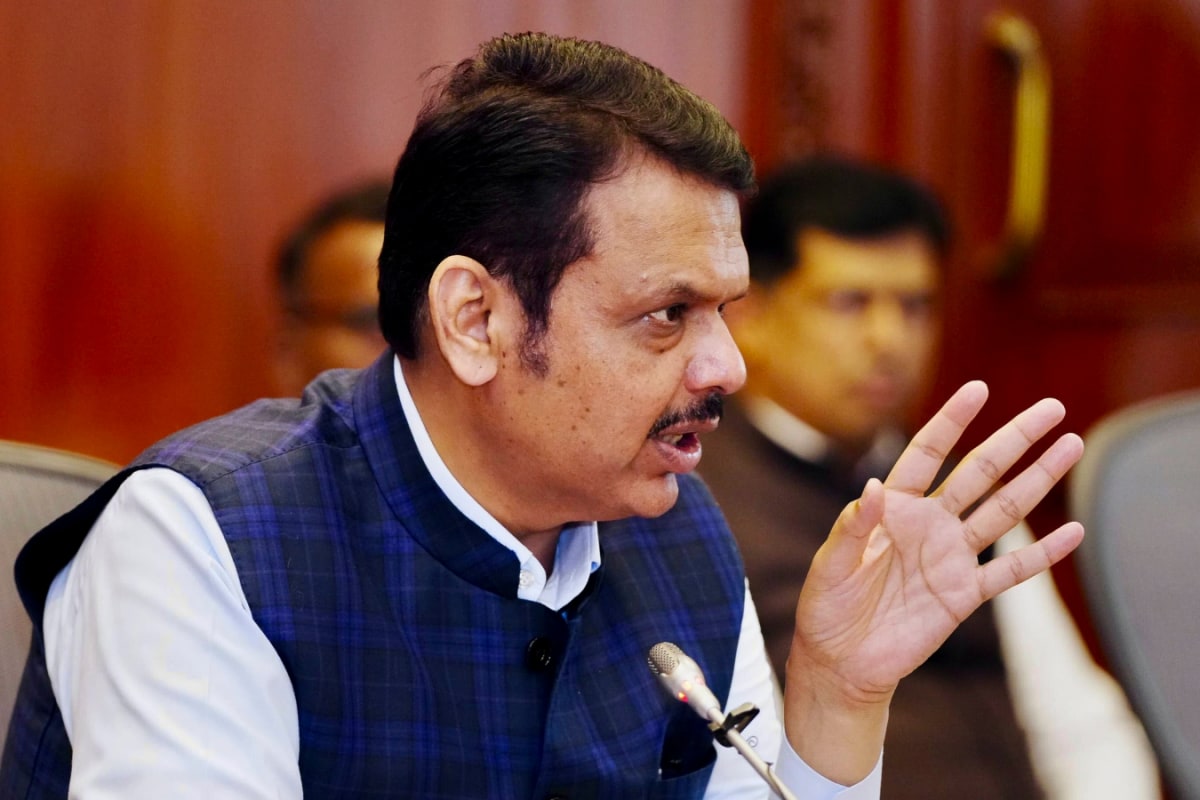

At a recent News18 Lokmat Conclave, Deputy Chief Minister Devendra Fadnavis outlined an ambitious infrastructure push for Maharashtra, while also addressing concerns and criticisms surrounding language policies in the state. The conclave served as a platform for Fadnavis to highlight the government's commitment to transforming Maharashtra through strategic investments and development projects.
Fadnavis emphasized the importance of infrastructure development as a key driver for economic growth and improved quality of life for the citizens of Maharashtra. He unveiled plans for several mega-projects, including expansions to the Mumbai Metro network, the Mumbai-Nagpur Expressway (Samruddhi Mahamarg), and the Navi Mumbai International Airport, all slated for significant progress or completion by the end of 2025. These projects are designed to improve connectivity, reduce travel times, and boost trade and industrial activities across the state.
The Deputy Chief Minister highlighted the allocation of substantial funds for these initiatives. For instance, the Mumbai Metropolitan Region Development Authority (MMRDA) has approved a budget of ₹40,187.41 crore for the fiscal year 2025-26, with 87% of these funds earmarked for infrastructure projects, focusing on metro and road development. Additionally, the Maharashtra government plans to disburse ₹17,000 crore towards land acquisition for priority projects being undertaken by the Maharashtra State Road Development Corporation (MSRDC), ensuring that critical ventures like the Pune Ring Road, Jalna-Nanded Expressway, and the Virar-Alibaug multimodal corridor remain on track.
Fadnavis stressed the government's commitment to completing these projects within stipulated timelines to avoid delays and cost overruns. He urged various departments to avoid bureaucratic hurdles and expedite necessary clearances, particularly for ecologically sensitive zones. He also mentioned the government's focus on sustainable development, with initiatives like converting diesel buses to CNG and LNG buses and promoting the use of solar power for agricultural power lines.
In addition to these large-scale projects, Fadnavis also touched upon initiatives aimed at improving urban living standards and strengthening the state's energy storage capacity. Under the "Nagrotthan Mahabhiyan," the government plans to complete projects related to water supply, sewage management, and road development within two years. A policy has also been adopted to establish pumped storage hydroelectric projects through public-private partnerships, further boosting the state's infrastructure.
The News18 Lokmat Conclave also provided a platform for Fadnavis to address the controversy surrounding the implementation of the three-language formula in Maharashtra's schools. The state government's decision to teach Hindi as a third language from Classes 1 to 5, as part of the National Education Policy (NEP) 2020, had drawn criticism from various quarters, with concerns raised about the potential imposition of Hindi at the cost of Marathi.
Fadnavis clarified that Marathi remains the state's primary language and that learning additional languages is a matter of choice. He stated that while the NEP mandates the learning of at least two Indian languages among three, Marathi's importance would not be diminished. He further added that schools wanting to teach another Indian language in place of Hindi could do so if there are at least 20 students opting for it, with provisions for online teaching in certain cases, particularly in areas bordering other states.
Fadnavis's address at the News18 Lokmat Conclave showcased the Maharashtra government's dual focus on infrastructure development and linguistic sensitivity. By unveiling ambitious projects and addressing concerns about language policies, Fadnavis aimed to reassure the public of the government's commitment to all-round development while preserving the state's cultural identity.